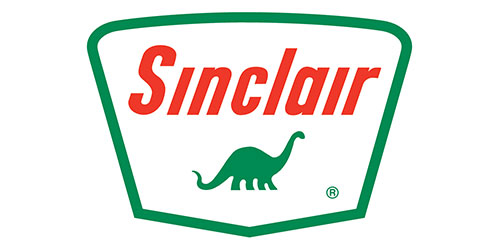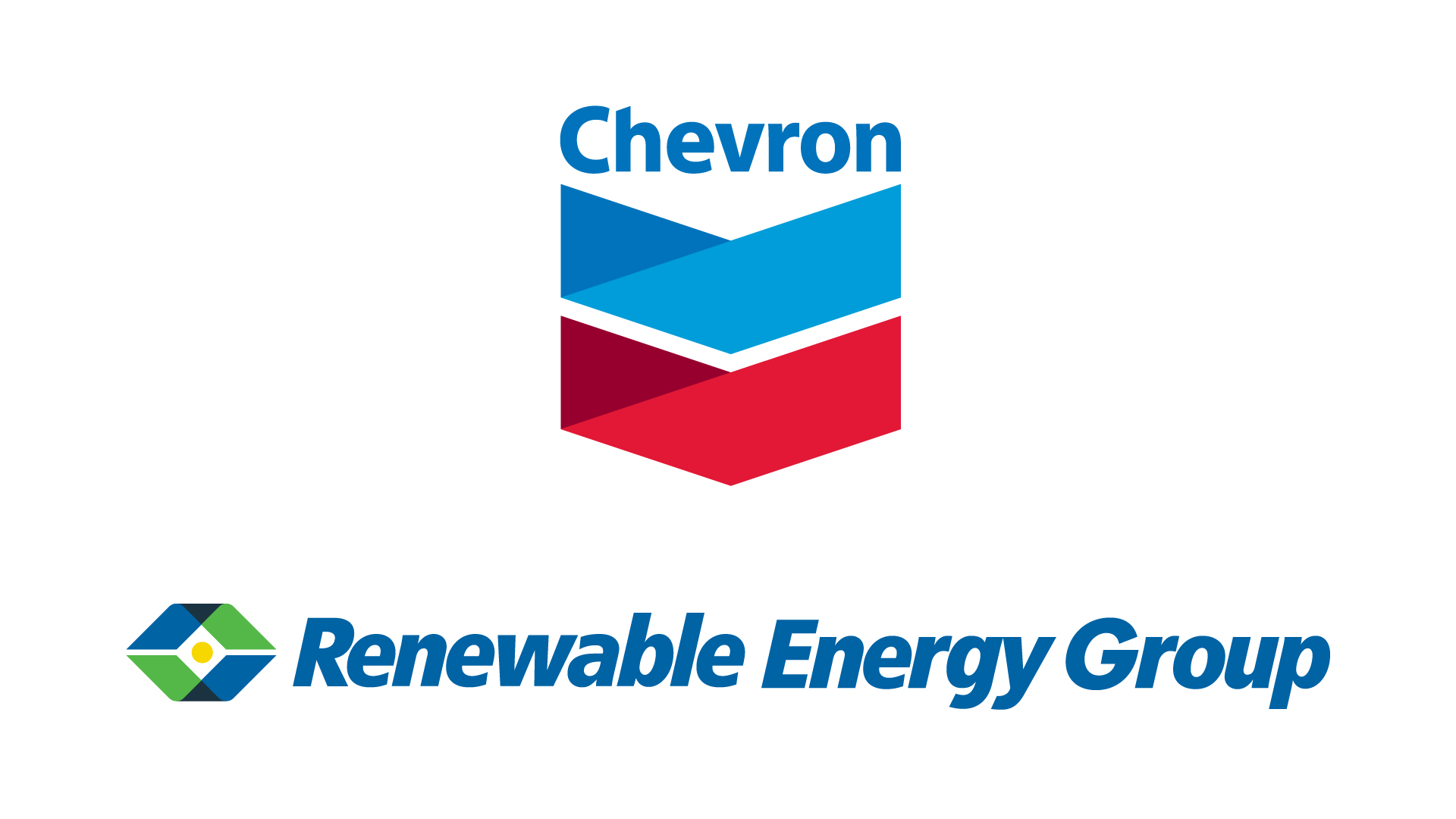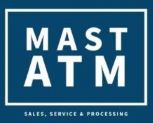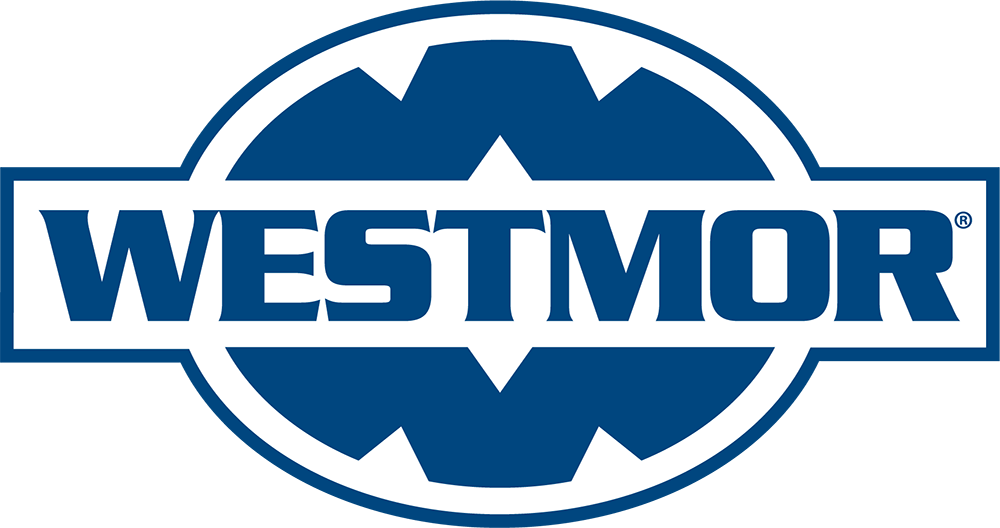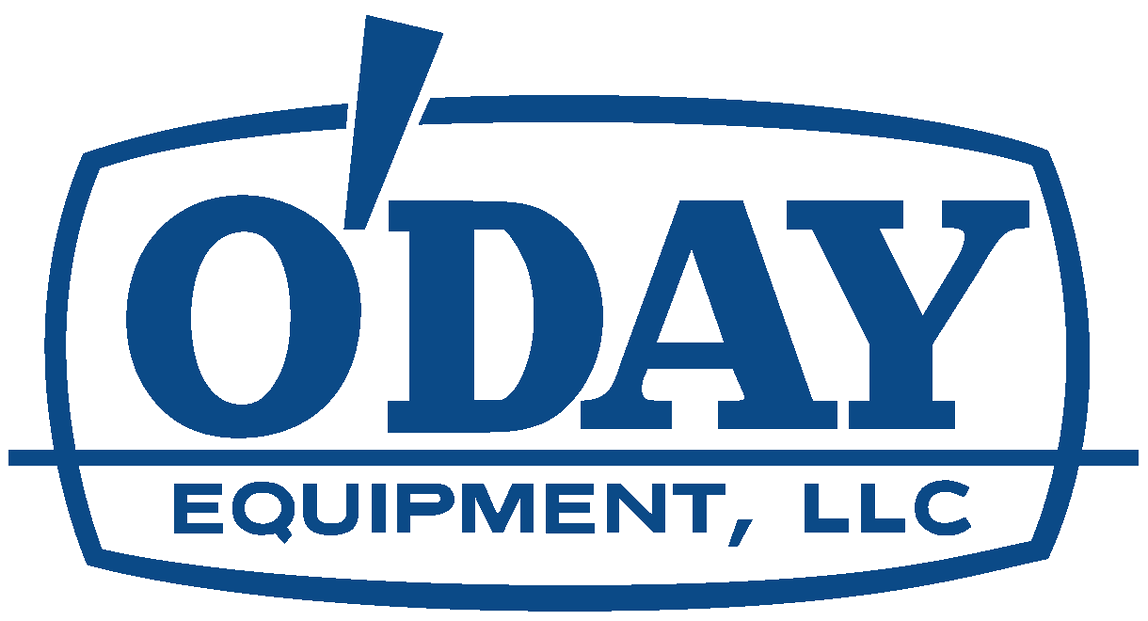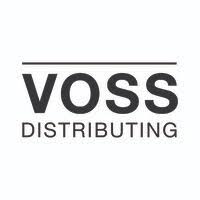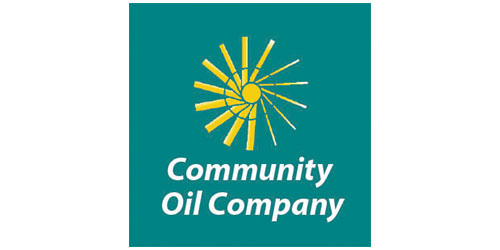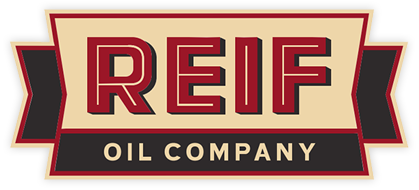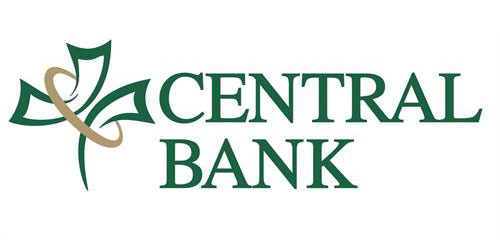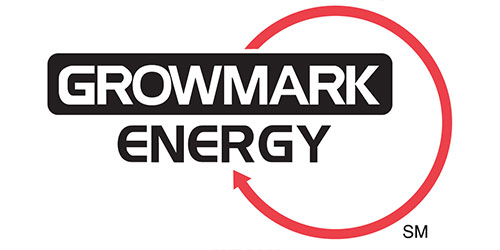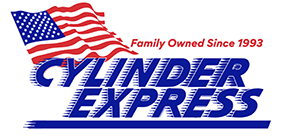
EMA Highlights Transportation Priorities to Congress
March 30, 2021 | 
This week, EMA sent a letter to the House Transportation and Infrastructure Committee as well as a letter to the Senate Environment and Public Works Committee outlining energy marketers transportation and infrastructure priorities. EMA emphasized the importance of creating safeguards to ensure small business marketers can access vital federal funds to advance alternative energy goals. EMA also voiced concerns over rest area commercialization and utilities using ratepayers to unfairly build out EV infrastructure. In addition, EMA voiced support for the Drive-Safe Act which would establish an apprenticeship program for the legal operation of a commercial motor vehicle in interstate commerce by CDL holders under the age of 21.
Congress and the Biden Administration are considering potential vehicles for a broad infrastructure package. However, battle lines are forming due to disagreements regarding potential tax increases. Democrats and the Biden Administration would prefer to pay for a package by raising corporate taxes, however, this is a non-starter for the GOP. While senior Senate Democrats and President Biden would prefer a bipartisan package, fundamental disagreements over the scope of a package and how to pay for a package may force Democrats to pursue a smaller package through budget reconciliation – the same process used to pass the most recent COVID-relief package.
Alternatively, Democrats could negotiate a tailored bipartisan package with Republicans, likely focusing on surface transportation, and passing additional provisions through a partisan budget reconciliation process. This effort is supported by more moderate Senate Democrats such as Sens. Joe Manchin (D-WV) and Kyrsten Sinema (D-AZ). However, finding ten Republicans to sign off on a bipartisan proposal to get to 60 votes faces an uphill climb for Democrats especially given news reports that the White House is considering advancing some infrastructure components with bipartisan support, while moving a democrat only social welfare program bill through the budget reconciliation process, which would avoid being subject to a Senate filibuster. "If this is what they decide to employ, it's a pretty cynical ploy to try and appeal to Republicans to vote for all that stuff, and then do reconciliation to do all the other hard stuff," Senate Minority Whip John Thune (R-SD) said this week.
There has also been some discussion over a per-mile tax on commercial trucks, however, singling out trucking is a non-starter for conservatives unless the left agrees to repeal the EV tax credit and impose fees on EVs to shore up the Highway Trust Fund. EMA will be addressing the truck tax issue in a future letter to the House Ways and Means Committee and Senate Finance Committee which are tasked with finding pay-fors to fund the Highway Trust Fund.
Meanwhile, the House Transportation & Infrastructure Committee summoned Department of Transportation Secretary Pete Buttigieg to discuss the Administration’s transportation priorities. Chairman Peter DeFazio (D-OR) touted the previous year’s infrastructure bill, H.R. 2, that the House passed last year. He indicated that he would work with Buttigieg to put more decision-making power in the hands of local governments rather than state and federal agencies. Rep. Sam Graves (R-MO) reiterated his call for the Committee to focus on highways and bridges rather than turning the legislation into a “multi-trillion dollar catch-all” known as a hybrid Green New Deal. Buttigieg also reiterated that policy marketers should take advantage of low interest rates to pay for infrastructure without going into details on additional payfors such as user fees. "I’ve heard loud and clear from members of Congress, Republican and Democratic, that an infrastructure proposal needs to have at least a partial funding source," he said, acknowledging that it's a "challenging conversation." Additionally, on Wednesday, the Administration plans to unveil a package worth as much as $3 trillion in a long-term economic program to address infrastructure and climate change. Bottom line: Expect more partisan fights over the next several months over transportation policy.




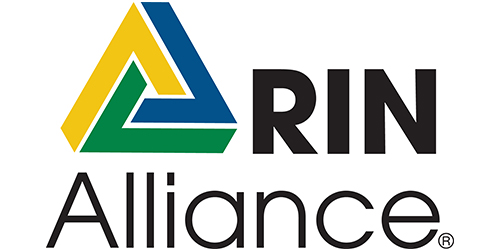

.png)


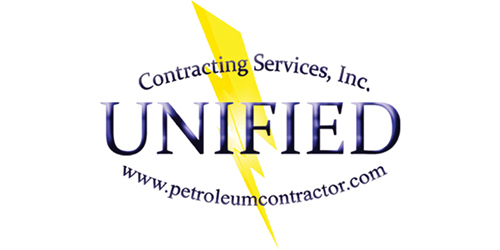

.png)

